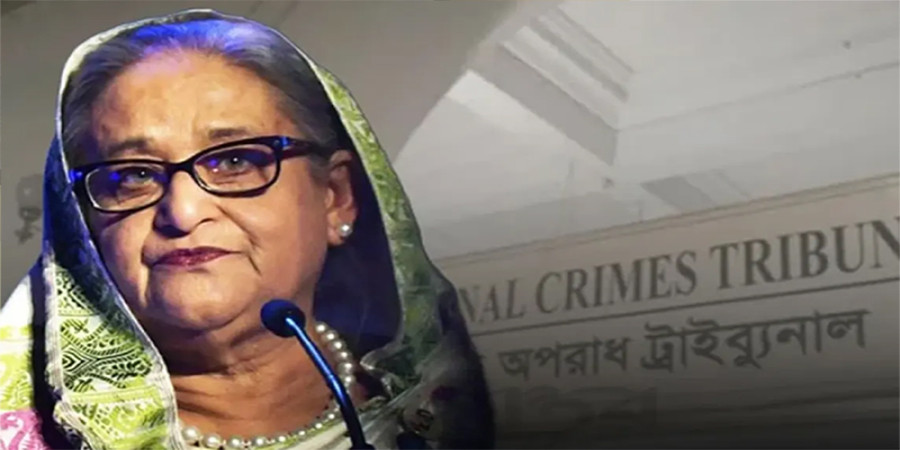
ছবি: Asif Nazrul speaks at the press briefing regarding the Advisory Council meeting | Photo: PID
At a press conference held on Wednesday evening at the Foreign Service Academy in Dhaka, Professor Asif Nazrul, Legal Advisor to the interim government, announced the approval of the draft "International Crimes (Tribunals) Amendment Ordinance 2024" by the Advisory Council. The ordinance, which underwent revisions, excludes the previously proposed provision to impose punitive measures on organizations or political parties.
Professor Nazrul stated that the original draft included a clause enabling tribunals to recommend punitive actions against organizations to relevant authorities. However, the Advisory Council decided to remove this provision to avoid politicizing the judiciary and to maintain transparency in war crimes trials. "This ordinance should not be linked to any questions of banning organizations or political parties. Keeping the focus solely on justice ensures clarity and credibility in the process," he explained.
The press conference, organized by the Chief Advisor’s Press Wing, was attended by Local Government Advisor Asif Mahmud Sajib Bhuiyan, Advisor Md. Mahfuz Alam, and Chief Advisor’s Press Secretary Shafiqul Alam.
Professor Nazrul further clarified that other existing laws, such as the Anti-Terrorism Act, Election Laws, and the Political Parties Ordinance of 1978, are sufficient to address demands for banning any organizations involved in criminal activities. He emphasized that societal consensus and political unity would be prerequisites for initiating any such action. "This amendment excludes the punitive clause from the International Crimes (Tribunals) Ordinance, but it does not eliminate the scope of taking necessary steps under other legal frameworks," he added.
The decision reflects a balanced approach, aiming to uphold judicial integrity while respecting public sentiment and existing legal avenues to address organizational crimes.
repoter






